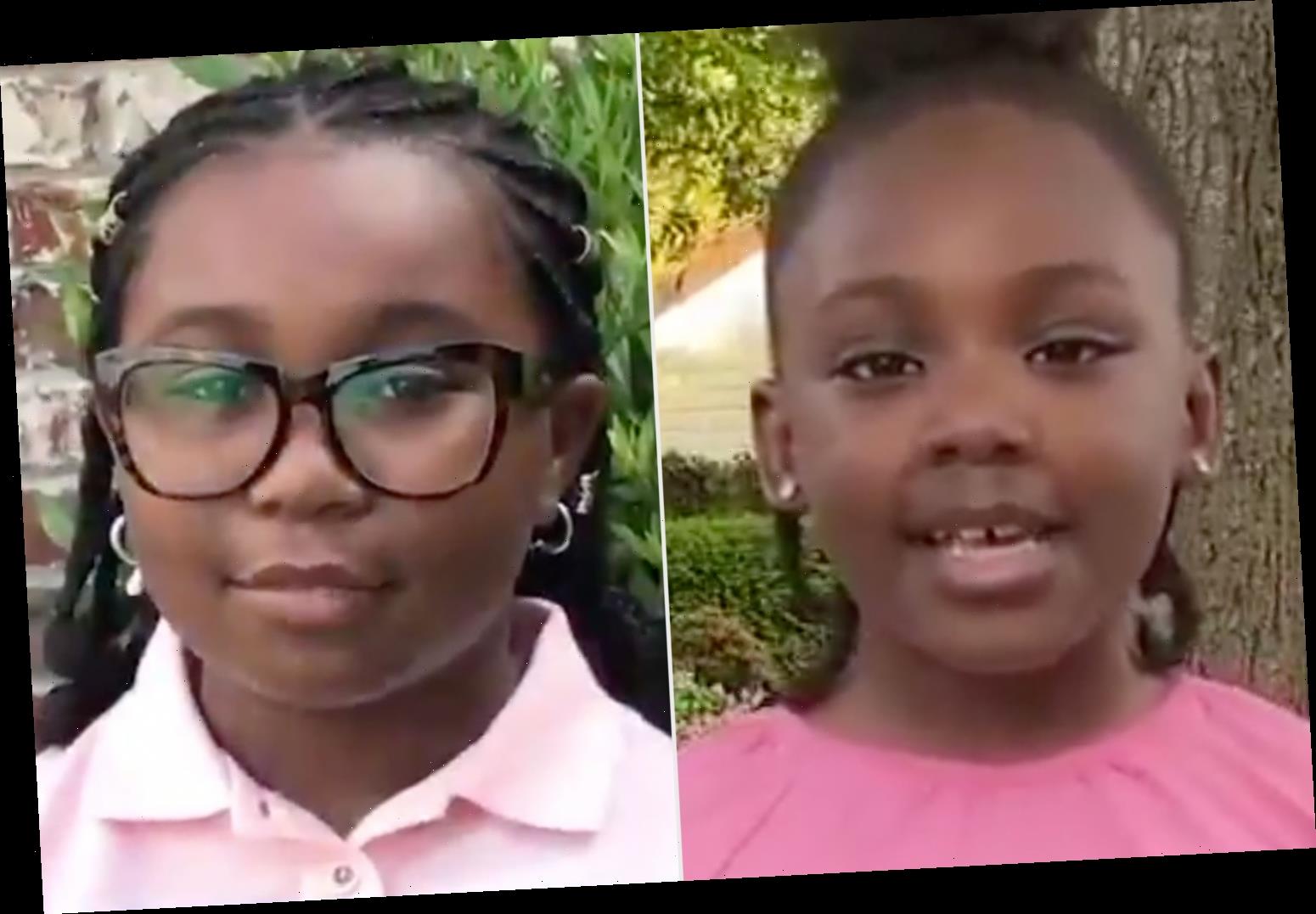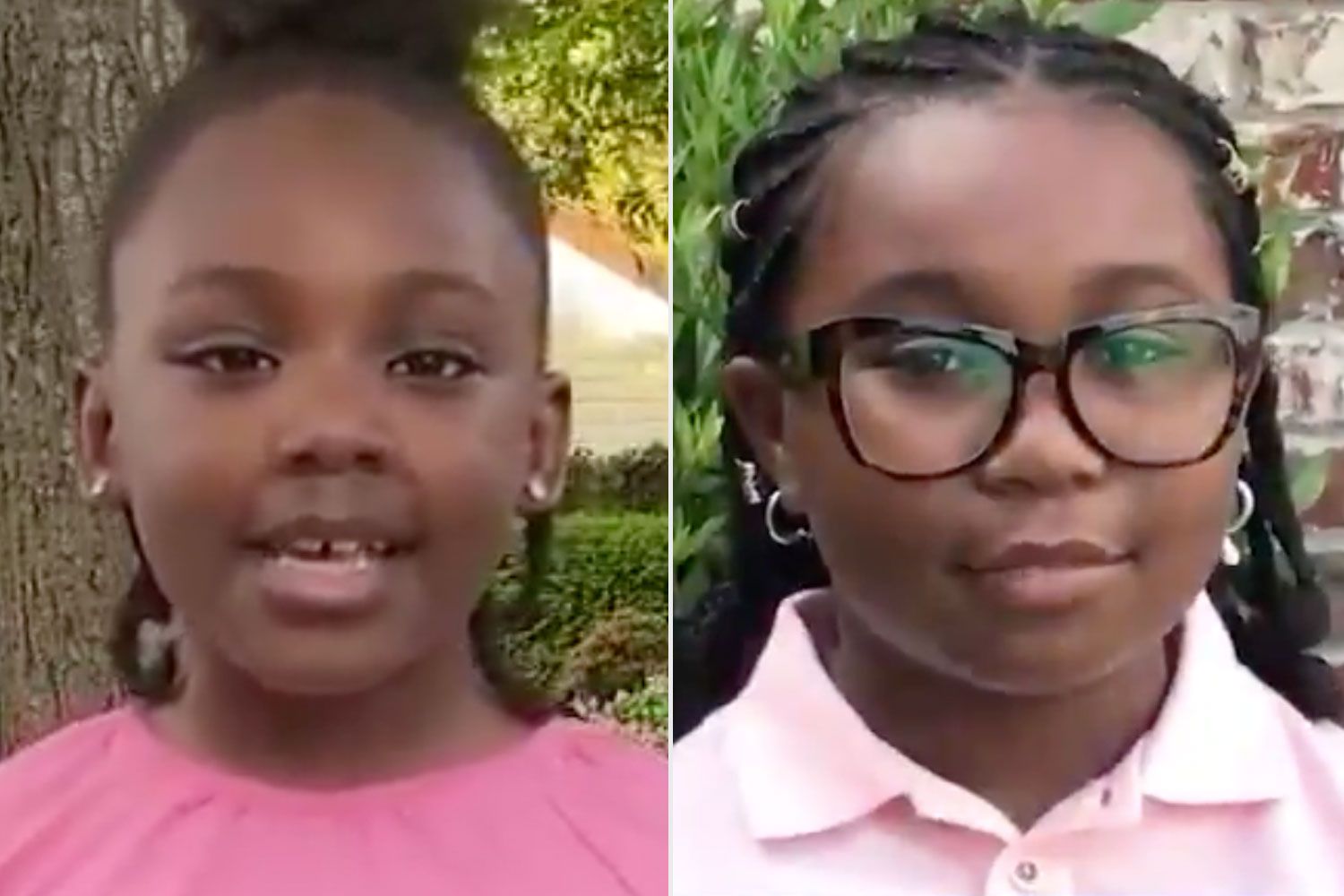In the wake of George Floyd’s death and the continued protests across the country over police violence and systemic racism, young kids are asking difficult, but important, questions.
CNN’s Van Jones and Erica Hill teamed up with Sesame Street on Saturday for a new special, Coming Together: Standing up to Racism, as a group of experts, as well as some beloved characters, got together to address racism — and how to fight against it.
“Is it safe for me to go outside, and will a police officer harm me because of the color of my skin?” asked a 7-year-old girl named Lila, while a 7-year-old boy named Marvin added, “If a police officer is supposed to serve and protect people, why would he hurt me because of the color of my skin?”
“We got so many questions like that, it’s so heartbreaking,” Van Jones said, turning to former Washington, D.C., Police Chief Charles Ramsey, to address the topic in depth.
Although Ramsey acknowledged that police officers “are there to help…the reality is people are out there demonstrating right now because there are a few police officers that don’t always act the way we’d like them to act and they don’t need to be police officers.”
He then went on to explain that if they should ever see an officer doing “something that’s not right,” it’s important to immediately “let a grown-up know.”
When asked by a 9-year-old named Paityn, whether he thought Floyd’s death would “change the way people behave when they encounter black men like my dad,” the former police chief said that he was hopeful about the future.
“That’s an excellent question and I certainly hope so. We don’t often remember that it doesn’t take much to really change the world. I think about what happened back in the 1950s where there was a black woman on the bus one day who refused to give up her seat to a white man. That led to the Civil Rights Movement. And it was because of the Civil Rights Movement that one day I grew up to police chief in Washington, D.C., our nation’s capital,” Ramsey said.
“One thing can change the world and I hope the death of Mr. Floyd, which should never have happened, but I would hope that his death is not in vain,” he continued. “We can change the world, and you young people are gonna be the ones to do it.”
In another segment, Atlanta Mayor Keisha Lance Bottoms advised children that one of the best ways to stop racism is to lead by example.
“Keep being who you are. Keep loving each other. And when you see someone who’s doing something wrong or saying something wrong, say that it's wrong,” she said. ”Make sure that when your friends sometimes do things they shouldn’t do that you say to them, that’s not right and you shouldn’t do it. And say it with love.”
In response to a 9-year-old boy who asked why black people have been treated so badly over the years when they’ve contributed so much to the country, the mayor admitted that was something “we’ve been asking ourselves for generations.”
“I don’t know if we’ll ever have the answer to that, but just like Martin Luther King had a dream for his four children…we have to continue to dream and hope and work,” Bottoms said.
To help combat systemic racism, consider learning from or donating to these organizations:
• Campaign Zero (joincampaignzero.org) which works to end police brutality in America through research-proven strategies.
• ColorofChange.org works to make government more responsive to racial disparities.
• National Cares Mentoring Movement (caresmentoring.org) provides social and academic support to help black youth succeed in college and beyond.
Source: Read Full Article

